The
Role of Accounting in Business
-
What is GAAP?
-
What is IFRS?
-
Why Are These Principles Important?
The Role of Accounting in Business
Accounting isn’t just about
recording numbers—it follows a set of rules and guidelines to ensure accuracy,
consistency, and transparency. These rules are known as accounting
principles, and they help businesses speak a common financial language.
“Accounting principles are standardized rules and frameworks that guide how financial transactions are recorded and reported.”
The two most widely used frameworks are IFRS and GAAP.
“Accounting principles are standardized rules and frameworks that guide how financial transactions are recorded and reported.”
The two most widely used frameworks are IFRS and GAAP.
Write your awesome label here.
1. What is GAAP?
GAAP
stands for Generally Accepted Accounting Principles,
a set of standardized rules primarily used in the United States and developed by
the Financial Accounting Standards Board (FASB).
These principles ensure that financial statements are consistent across different
companies and industries, reliable for
investors and regulators, and accurate in
reflecting a business’s true financial condition. Under GAAP, accountants are
required to follow important concepts such as revenue
recognition, historical cost,
full disclosure, and the matching principle, which
ensures that expenses are recorded in the same period as the revenue they
helped generate
2. What is IFRS?
IFRS stands for International Financial Reporting Standards,
and it is used in over 140 countries, including most of Europe, Asia,
and parts of South America. IFRS is governed by the International
Accounting Standards Board (IASB) and is designed to bring transparency
to financial reporting, enhance comparability across international
borders, and strengthen investor protection in global markets. Unlike
GAAP, which is more rule-based and detailed, IFRS is considered more principle-based,
allowing accountants to apply professional judgment in how standards are
interpreted and applied.
3. Why Are These Principles Important?
Imagine if every business made up
its own rules for financial reporting—there would be chaos and confusion.
These frameworks provide a standardized foundation so that financial
reports are useful and trustworthy, especially when comparing companies or
seeking investments.
If you're in the U.S., you’ll likely
follow GAAP.
If you're operating internationally, you may need to learn IFRS. Either way, understanding both gives you an edge in today’s global business world.
If you're operating internationally, you may need to learn IFRS. Either way, understanding both gives you an edge in today’s global business world.
Key
Takeaways
✅ GAAP is used in the U.S.; IFRS is used in most other
countries
✅ GAAP is rule-based; IFRS is principle-based
✅ Both systems aim for accurate, consistent, and transparent reporting
✅ Accounting principles build trust with investors, banks, and governments
✅ Knowing both frameworks is valuable—especially in international business
✅ GAAP is rule-based; IFRS is principle-based
✅ Both systems aim for accurate, consistent, and transparent reporting
✅ Accounting principles build trust with investors, banks, and governments
✅ Knowing both frameworks is valuable—especially in international business
Write your awesome label here.
Access all Accounting and Bookkeeping Courses from One Portal.
Mastering Bookkeeping and Accounting
MBA simplifies accounting, ledger management, account balancing and financial statement preparation.
QuickBooks Online For Bookkeepers
From Beginner to Expert: Master QuickBooks Online. Effortlessly Navigate, Analyze Transactions, and Unlock its Full Potential.
Xero Accounting For Bookkeepers
Learn how to use Xero, the leading online accounting software to perform most of the essential bookkeeping tasks.
ChatGpt for Bookkeepers and Accountants
Learn how to use the ChatGPT prompt toolkit to simplify daily accounting tasks for accountants and bookkeepers instantly.
Subscribe to our newsletter
Stay informed with the latest accounting tips, tools, and updates from Accountutor right in your email inbox.
Thank you!
Policy Pages

Download QuickBooks Online PDF Guide
Thank you!
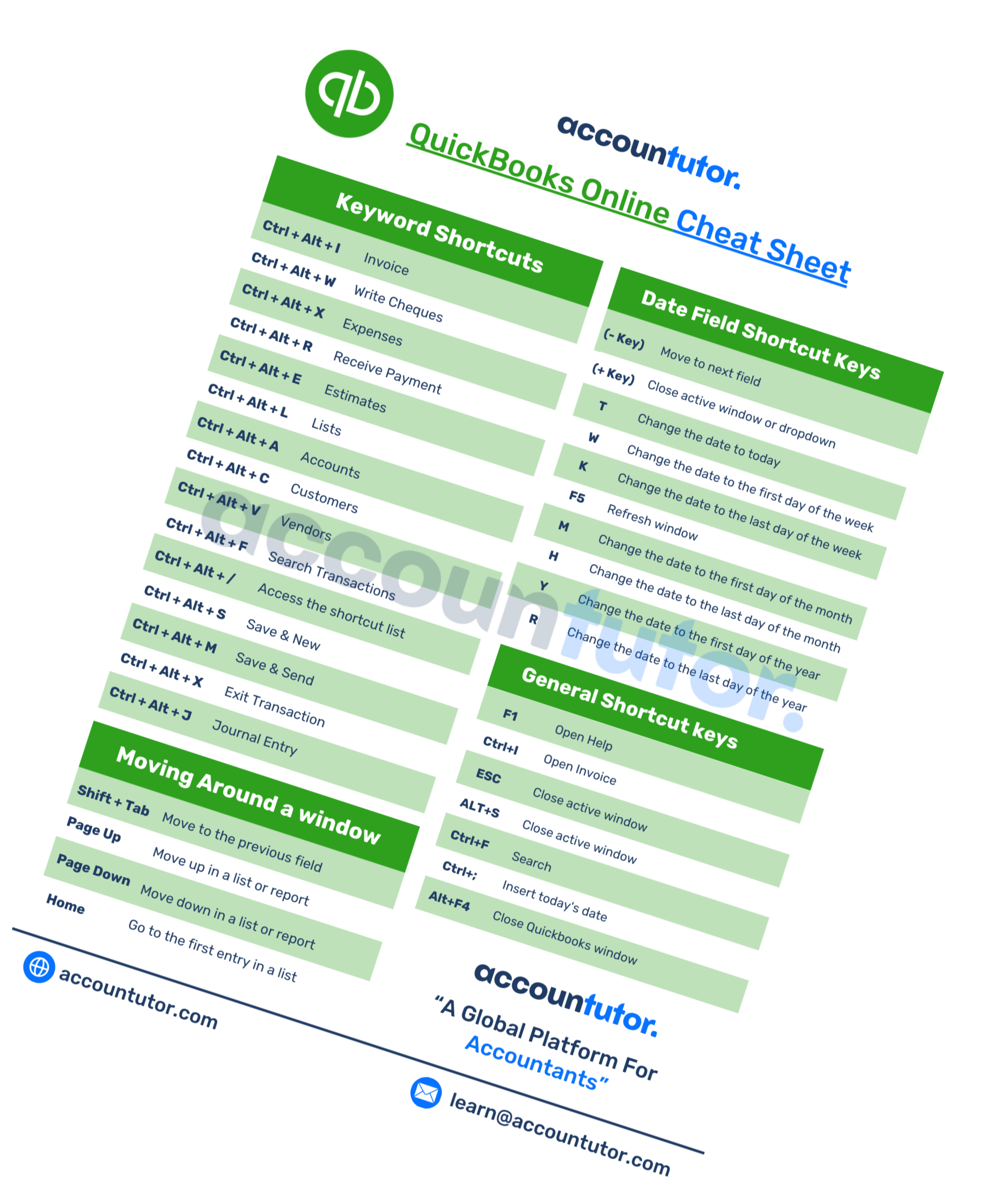
Download QuickBooks Online Cheat Sheet
Thank you!
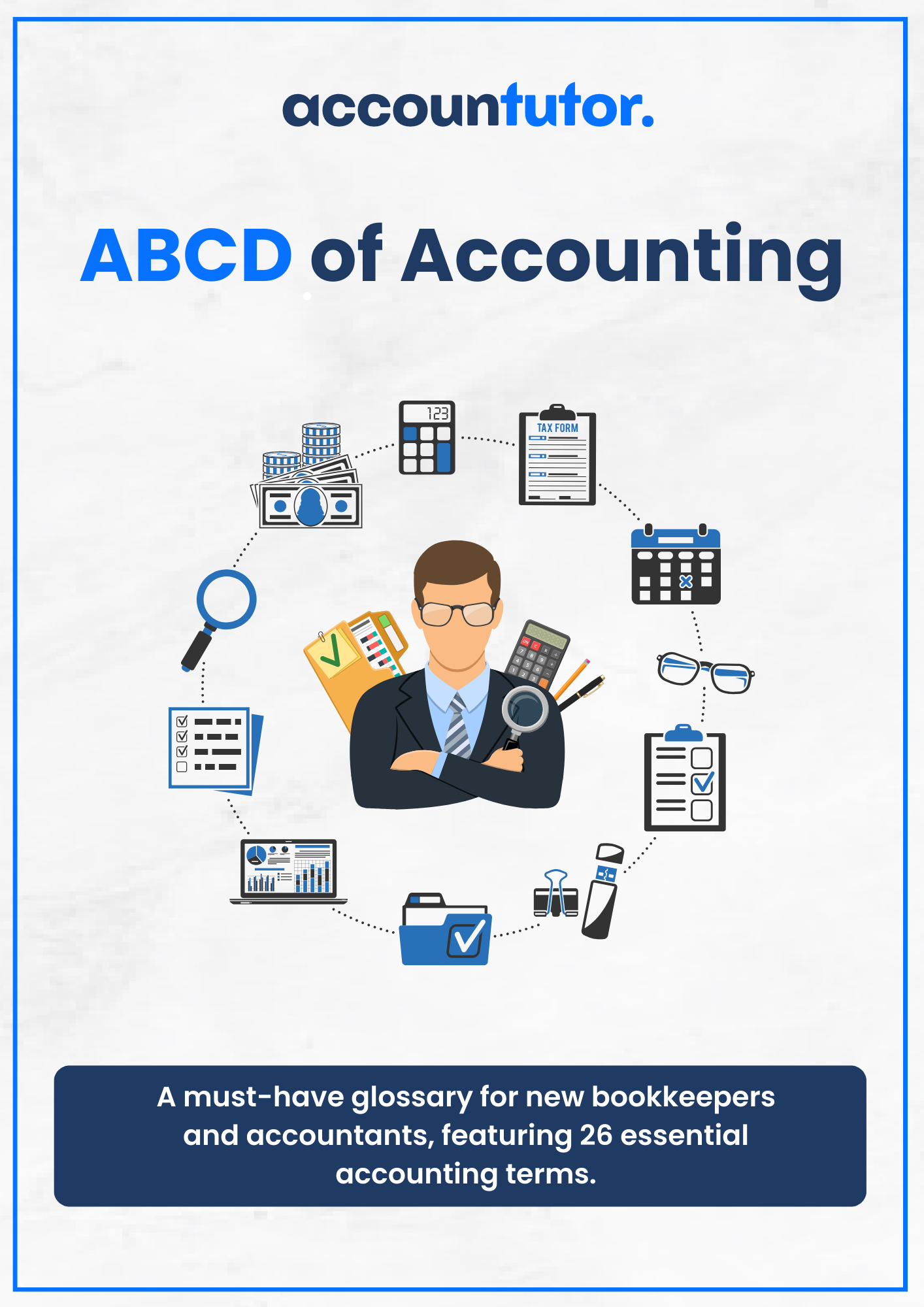
Download ABCD of Accounting
Thank you!
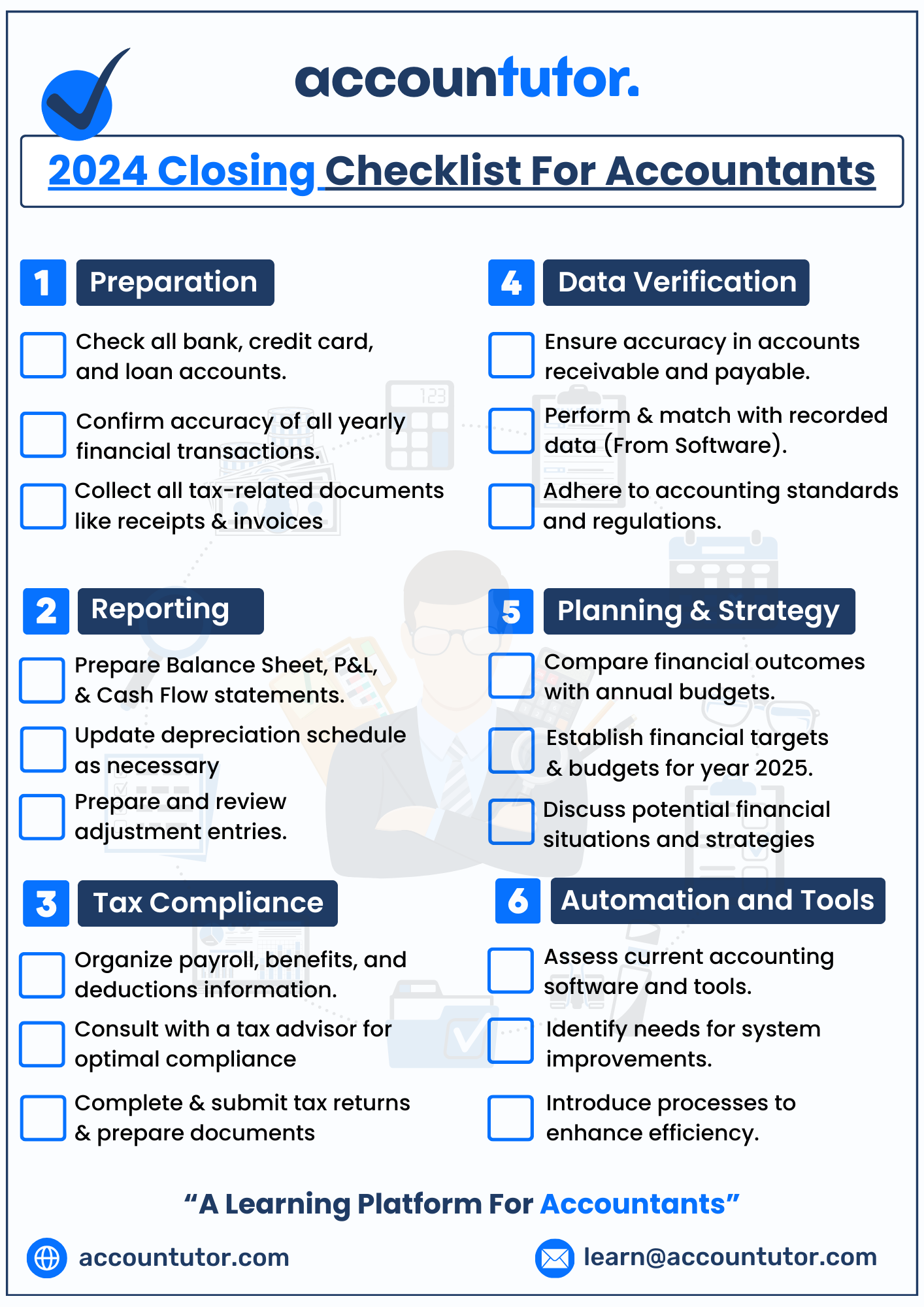
Download Checklist 2024
Thank you!
Register For Free!
Thank you!
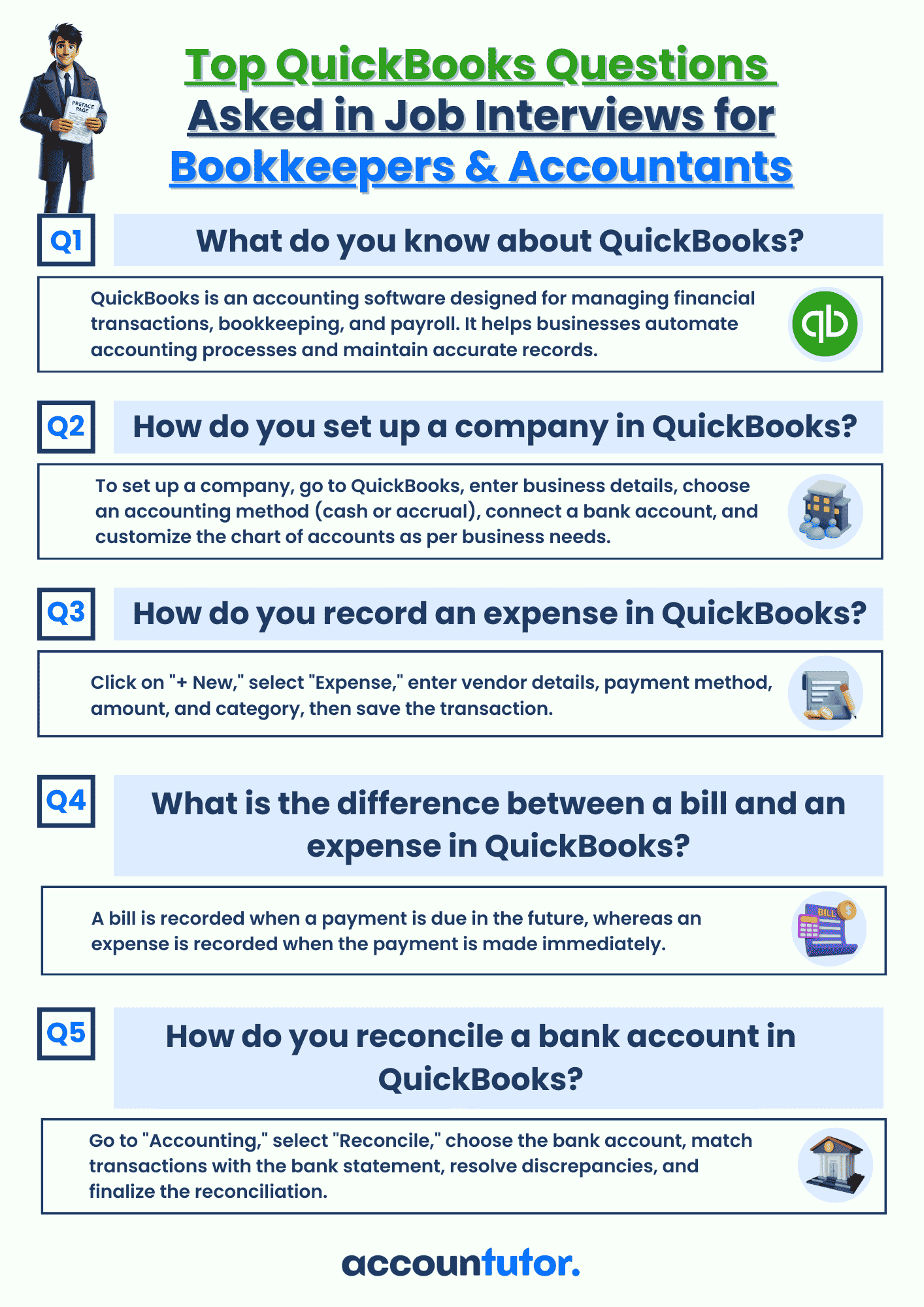
Download Interview Questions
Thank you!
Register for this webinar: How to Master QuickBooks Online— Without Feeling Overwhelmed
7th JUNE 2025 | 8:00 AM PST | 11:00 AM EST
Thank you! The joining link will be sent to your email shortly!
Webinar joining link will be sent to your email address.
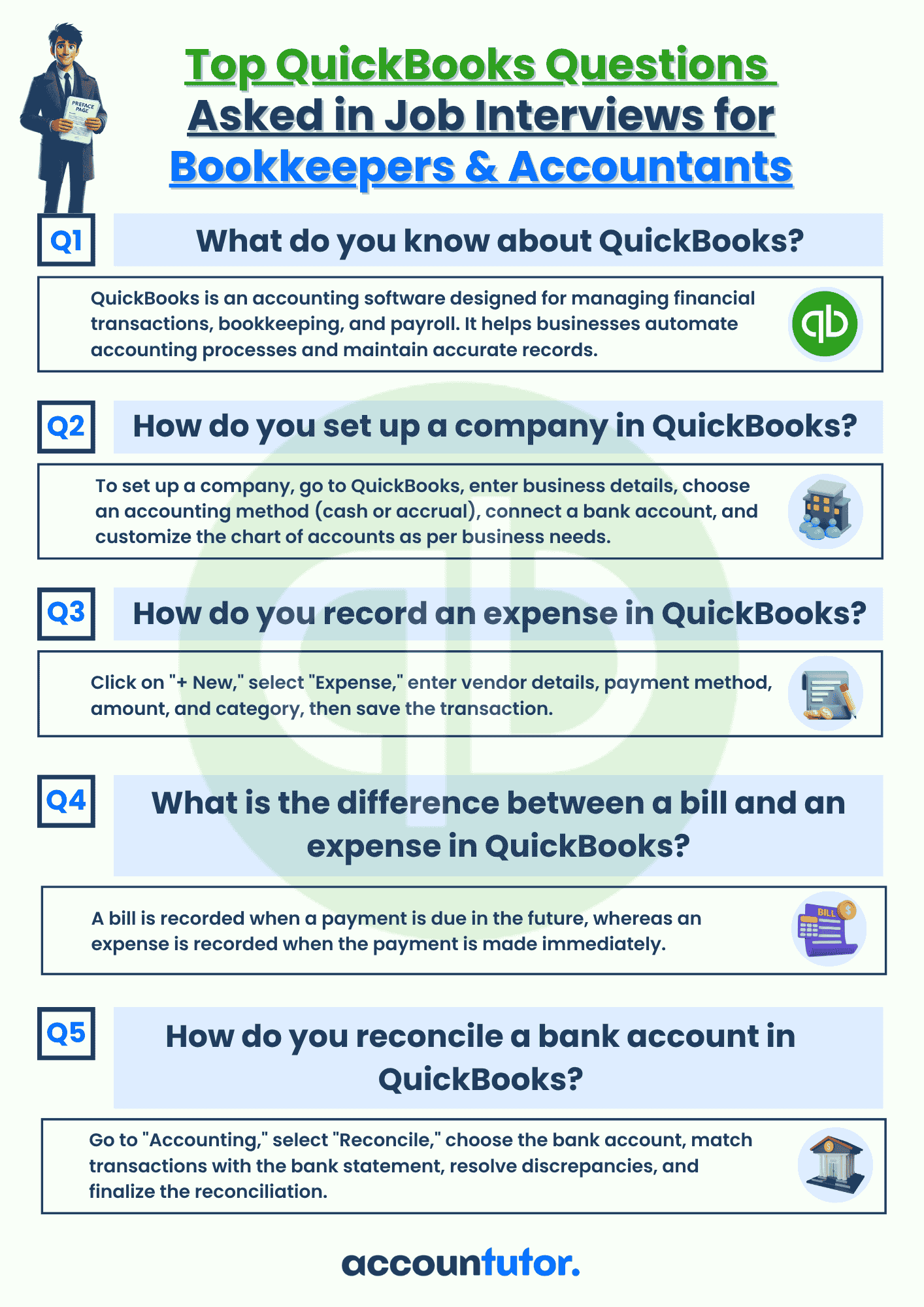
Download QBO Job Interview Questions and Answers PDF
Thank you!
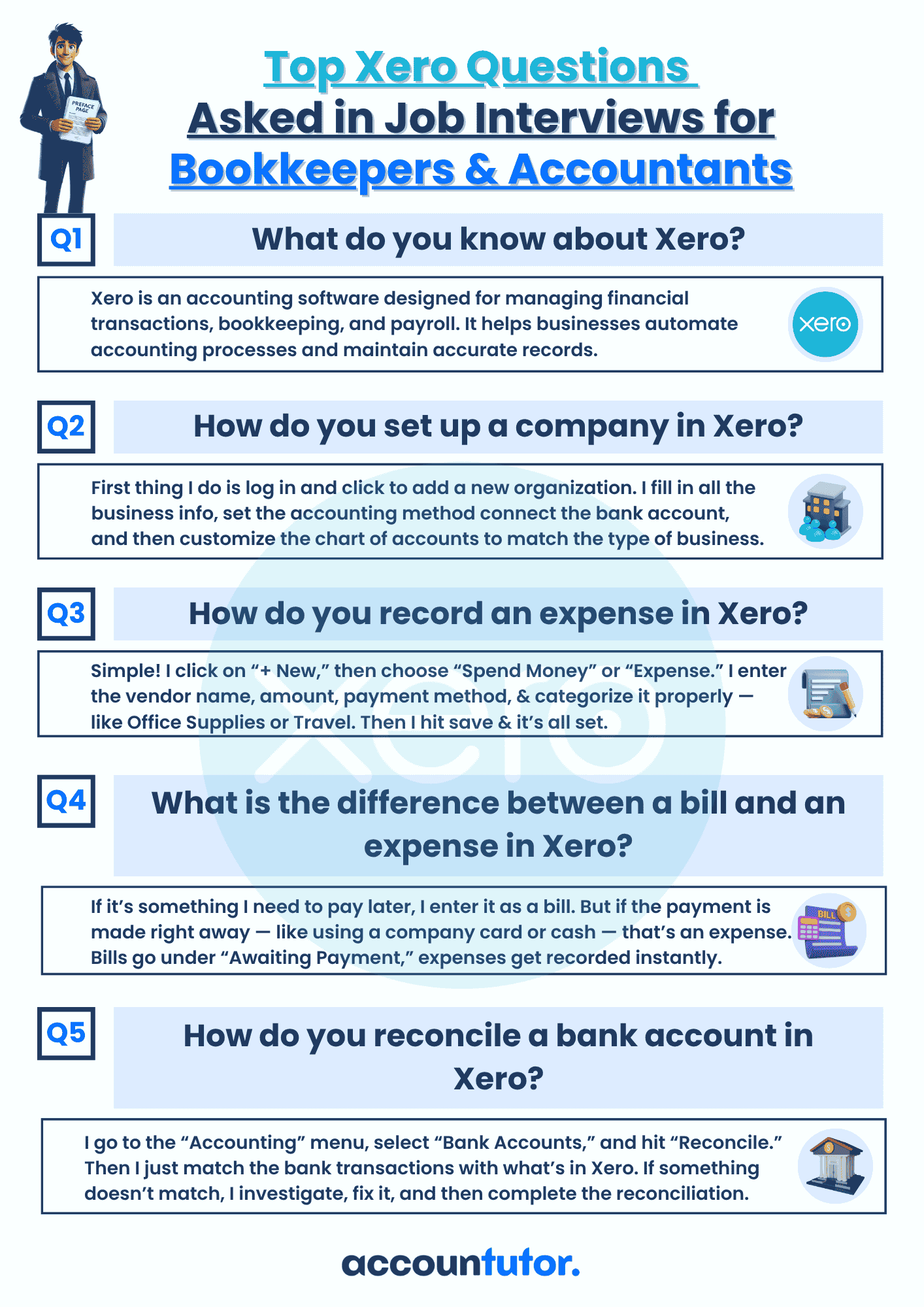
Download Interview Questions
Thank you!

Download 50 Interview Questions For Bookkeepers
Thank you!

Download QuickBooks Online Guidebook
Thank you!

